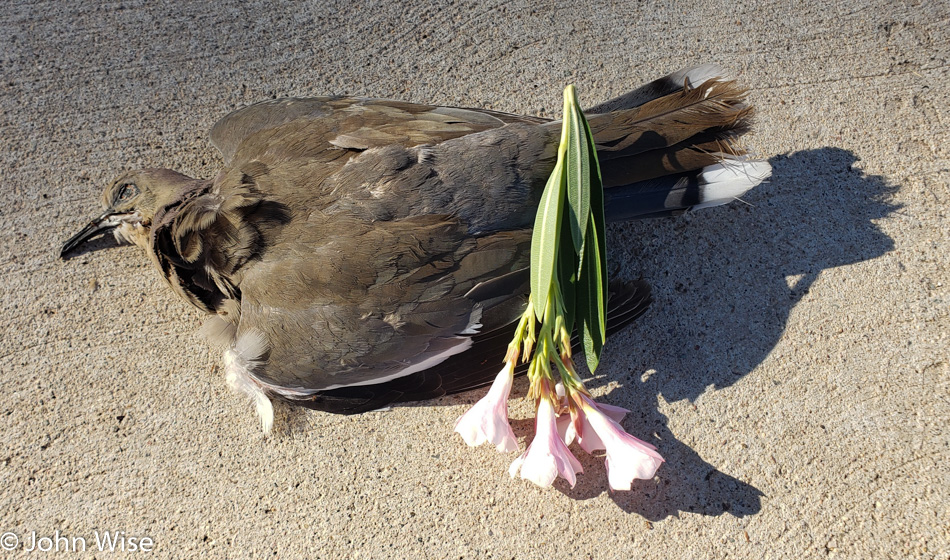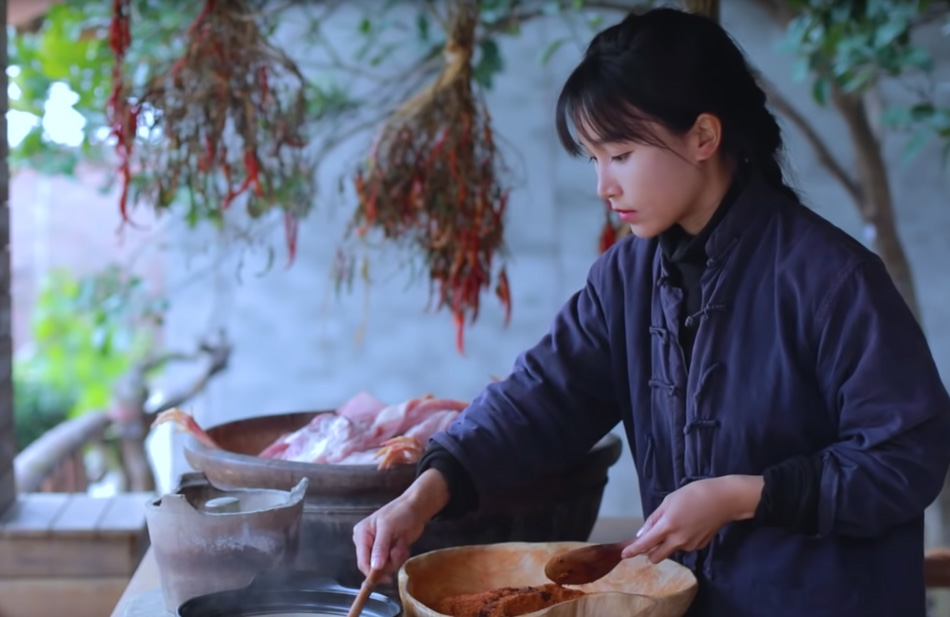
130 days and 80 blog entries ago, I wrote my first self-isolation post to chronicle our time staying at home. This was going to be a daily post about what promised to be an extraordinary moment in our lives. We made the decision to self-isolate before San Francisco committed to a lockdown and a full two weeks before our state of Arizona decided it was in our best interest to issue a stay-at-home order. After less than two weeks, the writing task grew burdensome, becoming a reflection of anxiety triggered by watching a country doing everything wrong to suppress the outbreak. Documenting the lunacy was going to make me crazy, so I diverted my attention. More than that, though, I never thought back then that things would be getting worse by the middle of summer, no matter how incompetently state and federal officials were acting.
But here we are, and I feel like some kind of update is in order. I’m in need of new shoes as I’ve put 581 miles on my current pair in less than 90 days. I’ve walked 903 total Covid-miles since we locked our door and threw away the key. At some point, our bodies seemed to be craving junk food, but the In N Out we opted for wasn’t the greatest, which had me feeling I was losing the taste for fast food after all this home cooking. On another day, I picked up a pizza that did, in fact, hit the spot. So did the brisket from HEK Yeah Barbecue. And two stops out in Globe, Arizona, for Mexican food were both terrific, so I’m not fully against going out for dinner again. That’s pretty much our extent of eating out in 130 days, besides the obligatory visits to grocery stores. My trusty digital travel companion Marlene (my Surface Book) grows dusty as it sits on my right, aging without purpose. I think Caroline has been in our car maybe half a dozen times since mid-March. Our lives remain different and stuck in the loop of a virus.
While this new stage in life has become routine, it still feels temporary and that, somehow, things are going to change. I have some thoughts about that change.
Predictions:
I’ve never been in the driver’s seat when it comes to predictions, so this exercise in making them is nothing more than folly. For some background on my lack of ability to ordain the future, let me share the following: In 1977, I heard punk rock for the first time and thought it was the next big thing, but by 1979, I’d moved on to the next bigger thing, industrial music and, a year after that, power electronics or noise. Punk took off in 1991 with Nirvana, while industrial and noise still haven’t had their moments in the sun. In 1988, I installed Turbo Silver on my Amiga computer, and two years later, I clamored to get the very first copy of Imagine, another 3D software application, while I was in Germany. I just knew that everyone would be learning how to model and animate wrong. My internet cafe in 1995 didn’t have private terminals to view porn, so the draw didn’t quite work out. Then, in 1998, I was certain there’d be a revolution in clustered computing, giving kids the power of supercomputers – yeah, that never happened. Jump to 2014, and virtual reality was going to be explosive – nope, again. My career as a trendsetter has an abysmal record, and I can now see that those things I enjoy might actually suffer from finding popularity due to my interest. Jeez, I wonder how many authors I’ve hurt and how many musicians I’ve kept in poverty? Anyway, this entry is not a mea culpa of my personal cultural failures; it is about my predictions for our dystopian future so that my being wrong once again saves humanity from my skewed sense-certainty of what comes next.
There will not be a return to normal as we once knew it. Over the past few days, the news is trickling in that antibodies against COVID-19 only last about 90 days, and with that, it is likely that immunity from a vaccine will also only be good for about 90 days. So, if this trickle is destined to be a flood on confirmation that the best we can hope for is about 90 days of protection, that means this virus will continue to devastate humanity. As far as the vaccine is concerned, my money would be that people who are willing to travel by air will be one part of those on the priority list of who receive it. Law enforcement, health care workers, educators, food handlers, farmworkers, and the military will be the others at the top of the list.
I believe that sporting events, restaurants, concerts, and theaters are all going to be greatly altered and, in many cases, will just close up shop. For the anti-vaxxers, anti-maskers, and flat-earthers, I’ll posit they will be marginalized from performing their economic consumption online and eating at home as they’ll be barred from entering establishments that will be barely hanging on. Travel as we knew it is over as how will communities know if those visiting aren’t carrying the virus with them? As tax and tourism revenue disappear, so will health services, which will drive a deeper wedge between locals and visitors.
The movies, theater, concerts, and other shared public gathering experiences will be too potentially harmful to return. One has to wonder how movies will be created unless they, too, become part of the critical workforce that will have access to a vaccine. Regarding that vaccine, if the average time for antibodies to be active is 90 days, then what about those people where antibodies are only active for a few weeks and the risk they will still pose in infecting others?
Without a demand of the American people to adapt and contribute to themselves, their communities, and an evolving workplace, we’ll wither in stagnation, which will fuel national despair that we may never dig out of. Malaise will be where the United States heads under our current lack of leadership. There are moments that are starting to feel like we could reach a tipping point that will flash over our country like a raging storm, and once that panic sets in, we’ll be hard-pressed to return to anything remotely normal.
If you are old or poor, America is done with you. If your children attend public school, your life is expendable. If you work in healthcare, you may die treating the old and poor, but if you work in an upscale facility that caters to the wealthy, you’ll have the supplies you need while you’ll be able to afford private online tutoring for your children.
Instead of declaring a national emergency and creating a new Manhattan Project where the objective is to educate our citizens, broaden our tolerance for the spectrum of cultures that live upon our lands, and share the wealth and opportunity across the country, we will continue testing the limits of cruelty.
As the virus mutates and continues to take its toll, many people will question bringing children into the world, and subsequently, not feeling a serious purpose or hope for a positive future, we’ll see a surge in suicide. Despair will then give America exactly what it wants, a dystopian reality where the shit hit the fan, validating our fear of the future.






